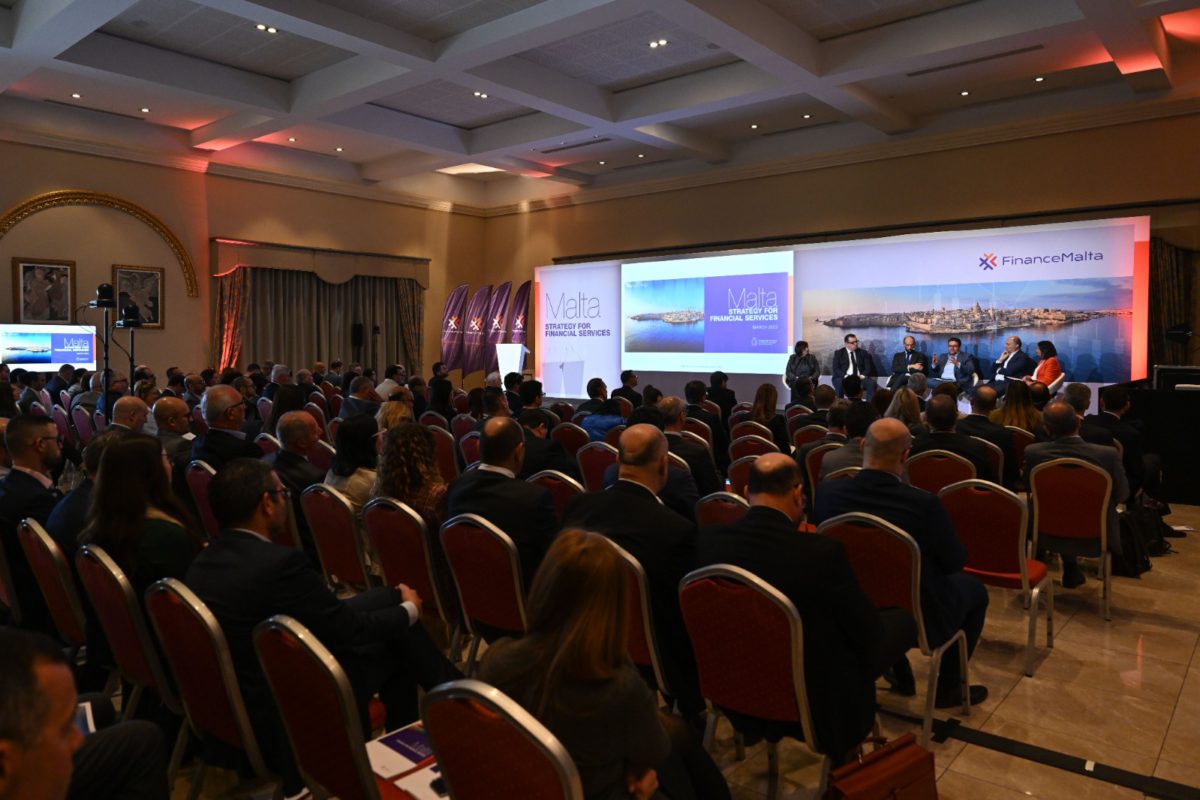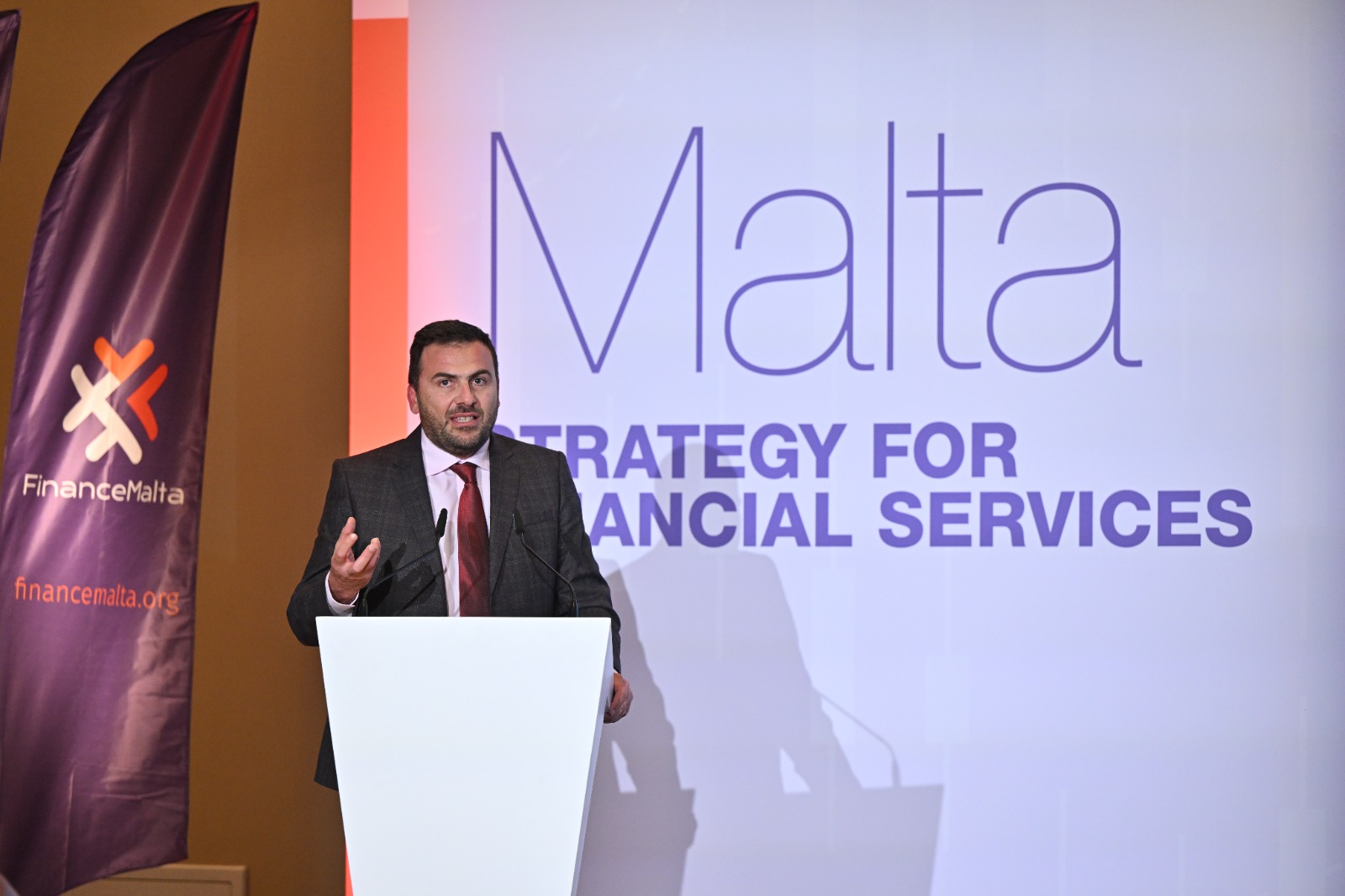Malta has built a strong financial services industry over the past 30 years, but it clearly cannot rest on its laurels.
There are many reasons for this. Externally, other jurisdictions are actively building up their own competitive advantages, regulation and compliance are evolving rapidly, and technology is changing the landscape at speeds we could hardly imagine 30 years ago.
Internally, there are areas where success has made us complacent, and innovation has made us irrelevant. There is also the wake-up call of the Financial Action Task Force’s decision to greylist the island, which prompted a frank and thorough look at what we should be doing better.
But what lies ahead? What are Malta’s strengths and weaknesses? What should we be aiming for, and what bottlenecks are there that need to be addressed before we can get there?
These questions led to the setting up in late 2021 of the Malta Financial Services Advisory Council, headed by Joseph Zammit Tabona, whose experience in this sector allowed him to bring together all the stakeholders for an effective bottom-up review. He was ably assisted by Pier Massa, to bring together everyone from Government to regulators and sector participants to challenge the status quo.

Consultation took place with the Commissioner for Revenue, the Financial Intelligence Analysis Unit, the Malta Financial Services Authority and the Malta Business Registry, as well as the Malta Stock Exchange, FinanceMalta and all private bodies such as the Malta Bankers Association, the Malta Institute of Accountants, the Malta Institute of Taxation and the Institute for Financial Services Providers. This unprecedented consultation involved an impressive 102 professionals.
To achieve its aims, the strategy was built on five core principles: speed, standards, simplification, specialisation and sustainability. The Council created working groups to look at each vertical pillar: banking and payments; insurance and pensions; capital markets; wealth management; and FinTech and AI. There are also horizontal issues, which cut across various sectors: bureaucracy; taxation; HR & education; and sustainable finance.
The nine documents produced by each of these working groups were eventually merged into one overall long-term strategy document for financial services.
The result is a strategy outlining 177 initiatives, some of which are quick wins and some which will take considerably more time and effort. Some require investment, others don’t. Some fall within the remit of just one entity, others require input from several. In short, it is a comprehensive blueprint for the future.
Some of the main action points are to streamline Malta’s regulatory processes and institutional architecture, build a national payments infrastructure, consolidate identity management, enable financial services law reform and harmonisation, modernise Malta’s tax structure, and build up Malta’s talent pool in the financial services industry, among others.
One of the overriding concerns from the outset was to ensure that this strategy was supported at every level by all the stakeholders, who not only believe in it but are deeply committed to its success. The Council will ensure regular reviews to make sure that the action points do not fall by the wayside, both in terms of scope as in terms of timeliness. The reviews will also look at the unintended consequences of any initiatives, as well as any developments externally which may need to be incorporated.
FinanceMalta’s mission to promote financial services on the island makes it a key player, especially when it comes to communicating this important development to potential investors. Its members cut across all the sectors of the industry and FinanceMalta will continue to inform them of developments, to support the industry and to enable networking, to ensure that the strategy delivers.
The public can access the National Strategy for Financial Services by visiting the following link: https://financemalta.org/publications/mfsac-strategy-document/
Featured Image:
FinanceMalta Chairman, George Vella, during the launch of the MFSAC Strategy
Reduction in free float
Lowering Malta’s minimum free float requirement to 10% could unlock new opportunities for the local capital market
A golden age for GO plc
GO plc’s Annual General Meeting revealed a bold shift beyond traditional telecoms, stronger-than-ever financials, and possible share buy-backs
Another v-shaped recovery
Towards the end of 2024, most investment banks predicted that the S&P 500 index would continue its positive streak







